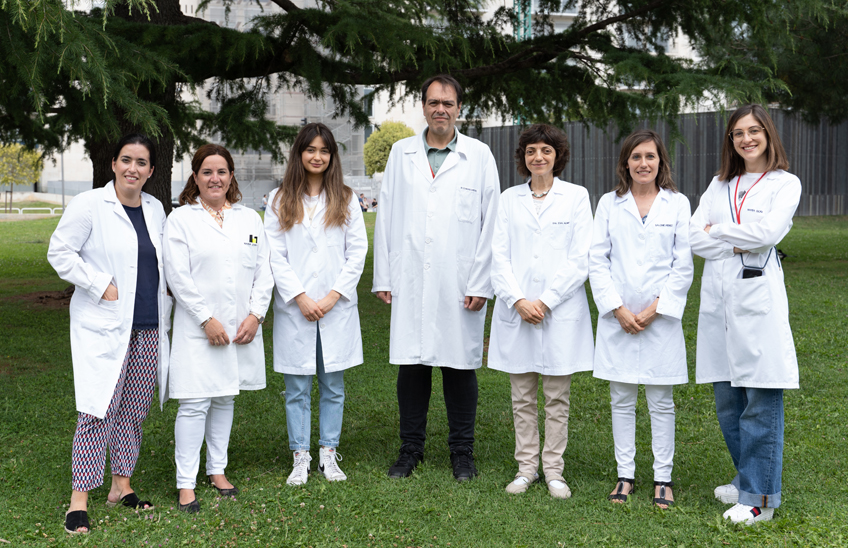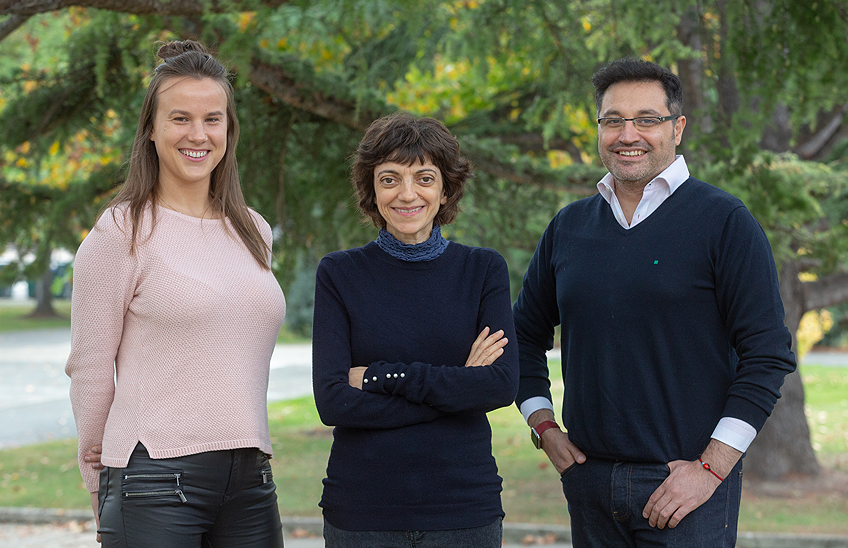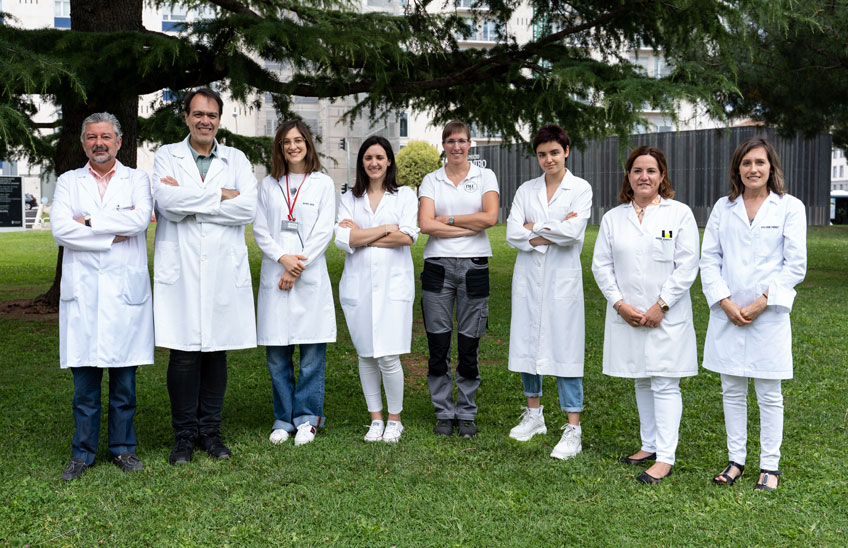23_08_08_far_edulcorantes
Are sweeteners effective and safe?
The University of Navarra leads, within an EU-funded research , the study of the short-term effects deadline of sweetener consumption.

08 | 08 | 2023
The latest scientific publications on the danger of erythritol and aspartame, and on the ineffectiveness of sweeteners in weight control - including a World Health Organization (WHO) report - have generated some alarm in society about the consumption of these products. But are sweeteners effective and safe?
In order to understand and evaluate the risks and benefits of their use, the European Union funded the project SWEET within the Horizon 2020 program. This consortium, made up of 29 centers from research, universities and companies, aims to goal evaluate the efficacy and safety of the use of sweeteners, as well as to know the consumers' perspective on their use. Within this project, the University of Navarra leads the work in charge of evaluating the short-term effects deadline of sweetener consumption, both in beverages and solid foods.
Until the WHO publication, other scientific publications concluded that in general, the use of sweeteners can help in weight loss diets, although not all people respond equally. They are also safe to consume because they have been approved by the European Food Safety Authority (EFSA), as long as tolerable limits are not exceeded. However, the main message of the WHO is that the sweetness of per diem expenses should be reduced with the purpose to contribute to the prevention of diseases such as obesity, caries, diabetes, etc., which are increasingly present in our society.
Volunteers for the study "Yogurts".
In this regard, the European SWEET consortium has been investigating sweeteners and sweetness enhancers (SPEs) beyond saccharin and aspartame for the past few years. In a first phase, the consumption of sweetened beverages was studied and it was concluded that the responses to a carbohydrate-rich meal after consuming beverages sweetened with stevia or sucralose were improved compared to sucrose.
Currently, in a second phase, the effect of EyPD blends in solid products is being examined. As part of these trials, the University of Navarra is leading the "Yogurts" study to elucidate the impact of two sweetener blendsincorporated into a Greek yogurt subject on markers of health, body sensations and public acceptance. This study, for which volunteers are requested, will continue until September 2023.
At present, the research center Nutrition Research Center (CIN) of the University of Navarra, focused on identifying the best strategies to promote nutritional health without forgetting the consumers' perspective, is looking for volunteers both for project SWEET and for other research on weight loss, diabetes prevention and gut microbiota modification.
To learn more...
WEB CIN |
FORM |
|
|
|







